
Debts, if used wisely could be a key tool for your success, but if managed incorrectly, could also be your downfall.
In a conventional sense, debt, in simple terms, is money borrowed by one party from another party with an agreed upon number of years with additional interest. Getting a loan, and thus incurring personal debt is a financial instrument for consumers to own big ticket items and to improve their standard of living.
The Shariah concept of debt is the same, except that there is no interest charged on the principal amount of the loan because charged interest is considered Riba and is also one of the major sins in Islam.
However, having personal debt may be a dreadful thing to some, as some fear getting caught in the spiral of debt due to reasons such as poor financial control, low salary, high expenses etc. Beyond that, having too much personal debt will also affect your risk appetite when investing.
Common types of personal debts:
Common personal debts include student loans, car loans, home mortgages and personal loans (credit cards and payday loans). Certain loans, like car loans and home mortgages also come with additional liabilities.
For car ownership, additional expenses include general upkeep such as servicing, cleaning and repairs, regular visits to the petrol station and road tax.
If you are a homeowner, then you are responsible for the general upkeep of the house, taxes, utility bills, repairs and so on.
Besides that, catering for life events like marriage, family building, personal injury, caregiver expenses for aging parents etc. may also result in one incurring personal debts, all which may affect your ability to invest.
But how else can debt affect you? Let’s take a look:
Effect #1: Needing a large emergency fund
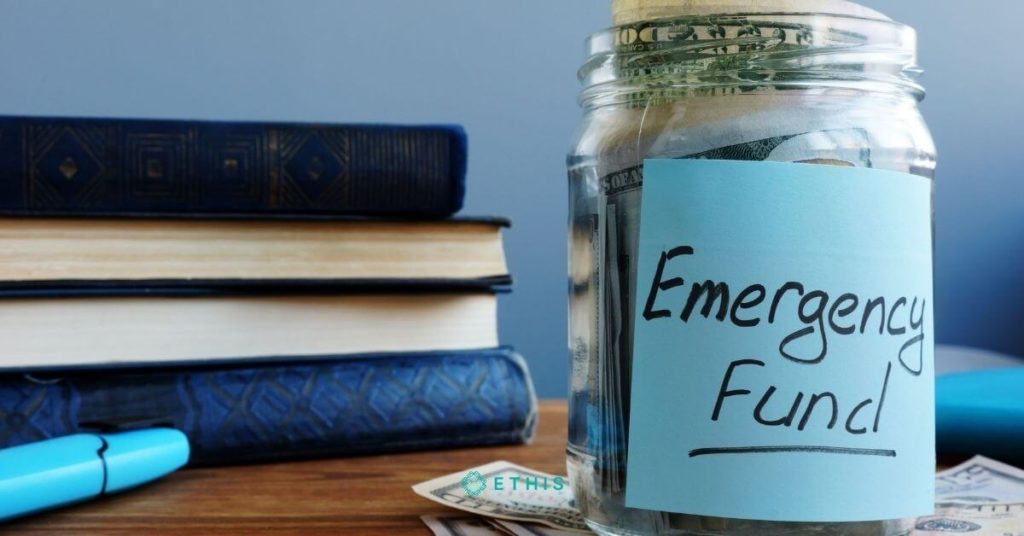

Having a lot of personal debt will significantly affect your ability to accumulate money for your emergency fund. Having an emergency fund is a must have before you even think about starting your journey as an investor as there is no such thing as a risk-free investment. Risk still exists in every type of investment. No matter how unlikely it is to fail, you must have an emergency fund in place.
When you have a significant amount of personal debt, it means that a larger portion of your salary will be used for monthly loan repayment, leaving less money available for expenses and discretionary spendings, on top of other additional liabilities such as general upkeep for the house and car etc.
All these extra expenses mean that you will have to save up even more money for your emergency fund as you have so much more expenses to account for. As you may already know, an emergency fund should last for at least six months. Building up a large emergency fund may also delay you from starting your investment journey.
Effect #2: Low risk tolerance
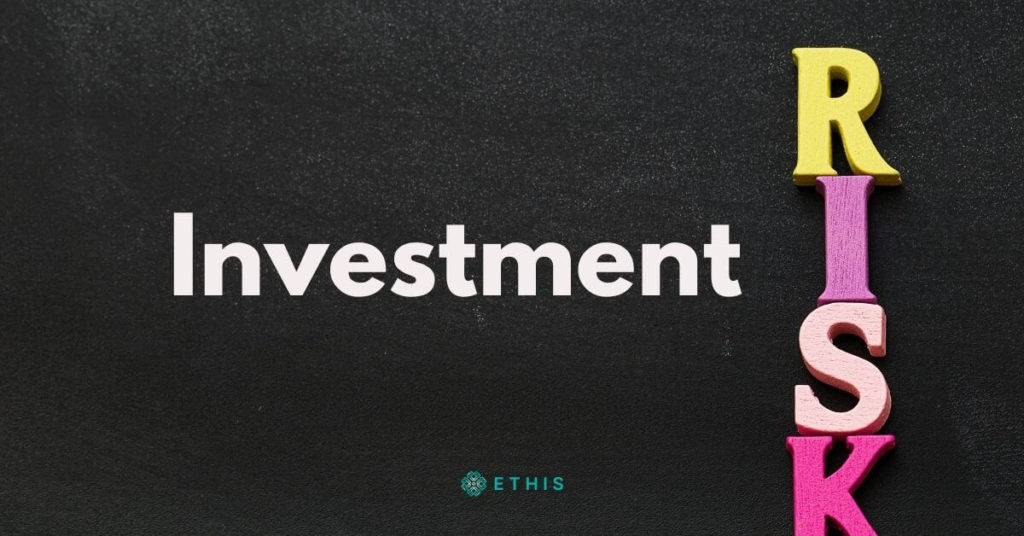

Having too many personal debts means that your investment risk tolerance is relatively low. This means that you can only invest in low-risk, investments with lower chance of failure and investments with a percentage of guaranteed returns, which also tend to give lower returns.
The reason? When taking on personal loans, you need to be mindful about repaying loans on time, or face having to pay additional interest on top of your existing loans. This means having enough funds to make loan repayments on time. If you invest in high-risk investments, there is high chance of failure and without a return on the investment (ROI) in time for your loan repayments will result in additional interest accrued.
Effect #3: Numerous liabilities
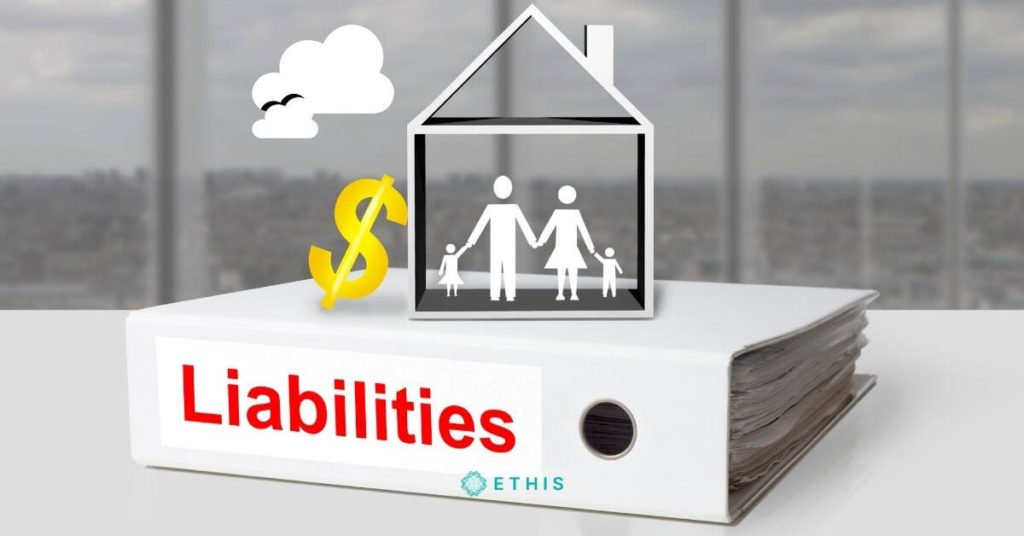

Personal debts are a liability. It not only reduces your spending power, but it also makes it really difficult for you to invest. If a big chunk of money is needed for loan repayments, then after deducting your regular expenses, you might find little to none left for investing.



This would mean having restricted choices when choosing the type of investments that you can invest in, and you might even have to specially save up and put away money to do so. This will take time, and the longer it takes for you to start investing, the less benefit you will reap from the lack of time required to reap a higher ROI.
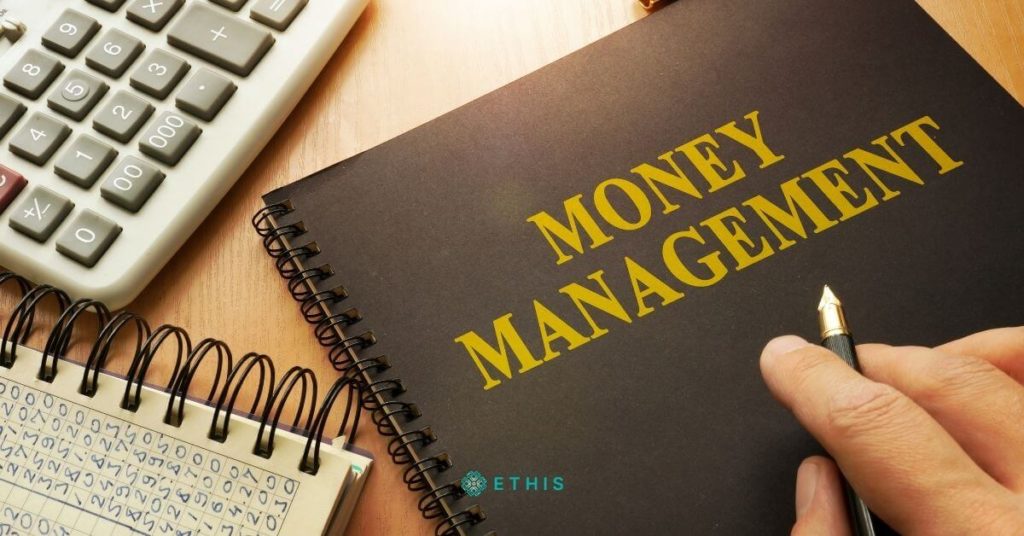

What could you do to manage your debt?
Though we aren’t the experts, here are some solutions that you can consider (after seeking an expert of course):
1) Seek investments that fit your needs
Having a low investment risk appetite doesn’t mean you can’t start investing. Instead, look up for investing options that are low-risk while offering an acceptable ROI.
Some conventional low-risk investment options include: unit trust, fixed deposit, investment-linked insurance plan, corporate bonds, money market funds and so on. A muslim investor must also ensure that the low investment classes are shariah-compliant.
Despite the lucrative returns offered by high-risk investment options, it is not a good idea to invest money that you badly need for loan repayments. Always remember: ‘Never invest money you can’t afford to lose’, especially when you have personal debt.
2) Quickly get rid of debts
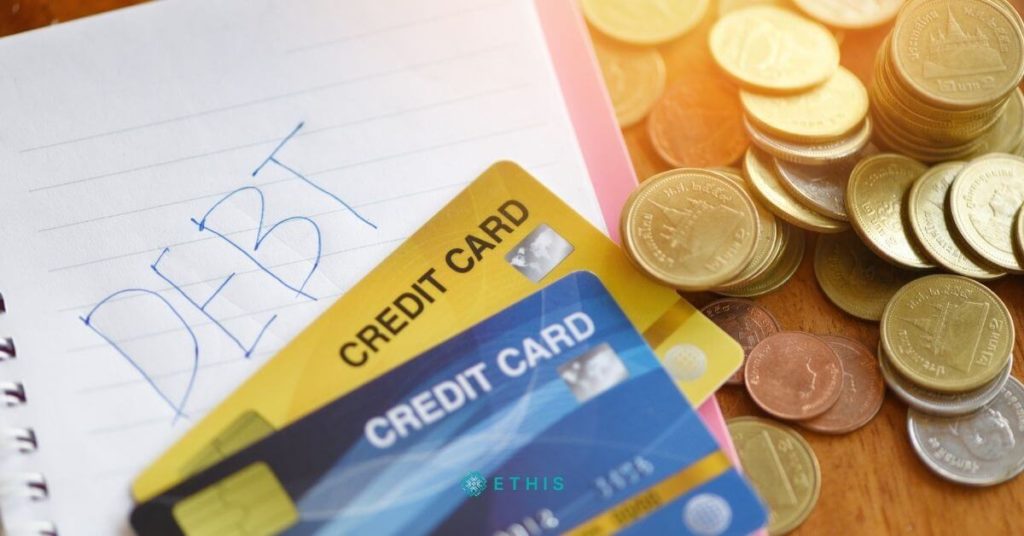

In a conventional loan, debt has the potential to accumulate exponentially if you don’t try to tackle it earlier. These debts typically come from sources such as credit cards or payday loans. Do not let your debt accumulate because you will end up paying a lot more than the principal over time, resulting in less money for investing purposes.
For debt in a Shariah perspective, although it is prohibited to impose interest on loans, you should still quickly get rid of debt because Islam condemns the person who delays the payment of his dues without a valid cause. It is really important to not remain in debt especially when you have the ability to repay the debt, even if the repayment period could take a really long period of time.
3) Consult your spouse and/or close family or people you trust about your financial situation
Ask them for advice on how you can reduce your debt. With luck, they will be willing to help you out and you can slowly reduce your personal debt while working towards accumulating enough money to start investing.
4) Create a financial emergency plan
Your life can go wrong in so many ways. An emergency plan is a must when planning for the future. You should keep a record, either electronic or in paper, of the list of names, numbers and websites where all your money is kept. These include bank accounts, KWSP/EPF accounts, unit trust funds and so on. In addition, you should put together a list of all your debts: student loans, car loans, mortgages etc.
After that, create an emergency fund and make sure not to use it for anything else. If you are unsure, emergencies may include: loss of job, experiencing medical issues, becoming a caregiver for family members and being affected by natural disasters.
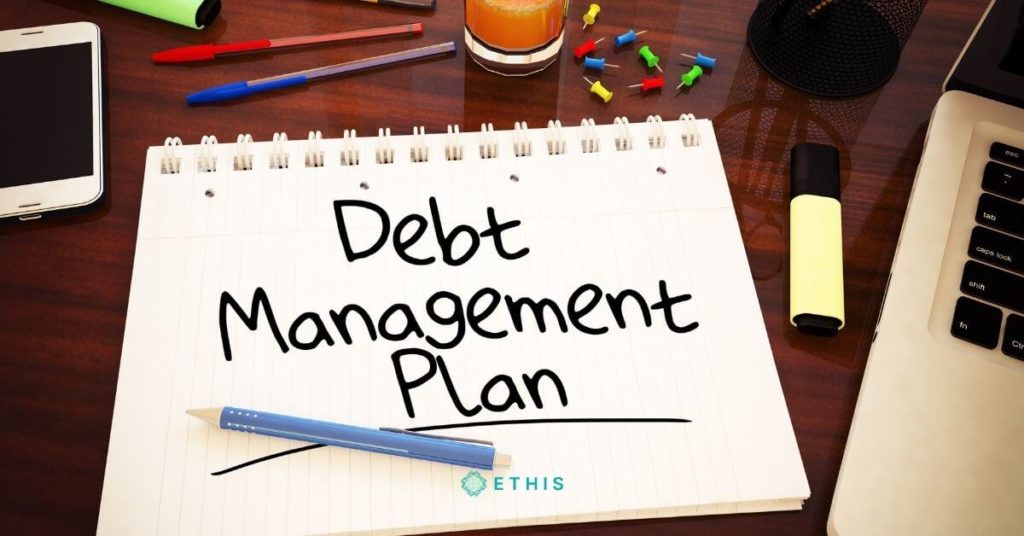

Bottom Line
Personal debts will severely restrict your ability to invest. Having high personal debt will reduce your investing options while also slowing down your investing journey as you will require more time to accumulate money to invest.
Instead, try to reduce the type and amount of debt that you have accumulated before attempting to invest.
Freeing yourself from debt means freeing more of your money to be used to invest. This will lead to a higher investment risk appetite, which will open up more investment options for you in the future.
Read more about Islamic Finance & Syariah Investment at Ethis Blog
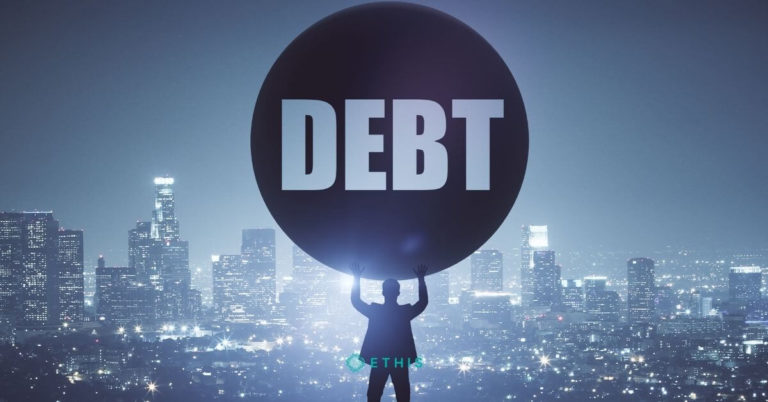




Top Posts
Islamic P2P Crowdfunding Explained
How to Earn Halal Money? The Money Mindset
Halal Investments for Singapore Muslims? It’s time for a shake-up in the Islamic Investments scene.
Smart investment for making Halal money
3 Reasons Why Property Crowdfunding is the Smart Investment for You